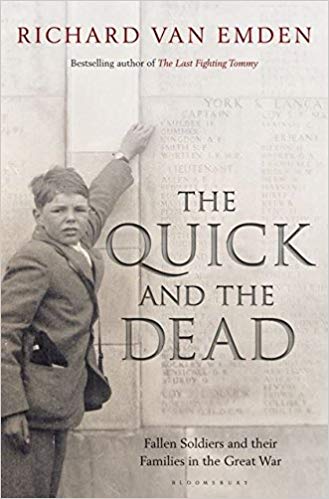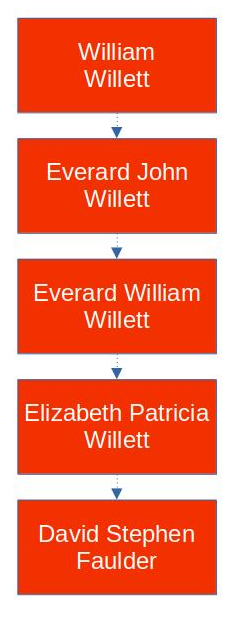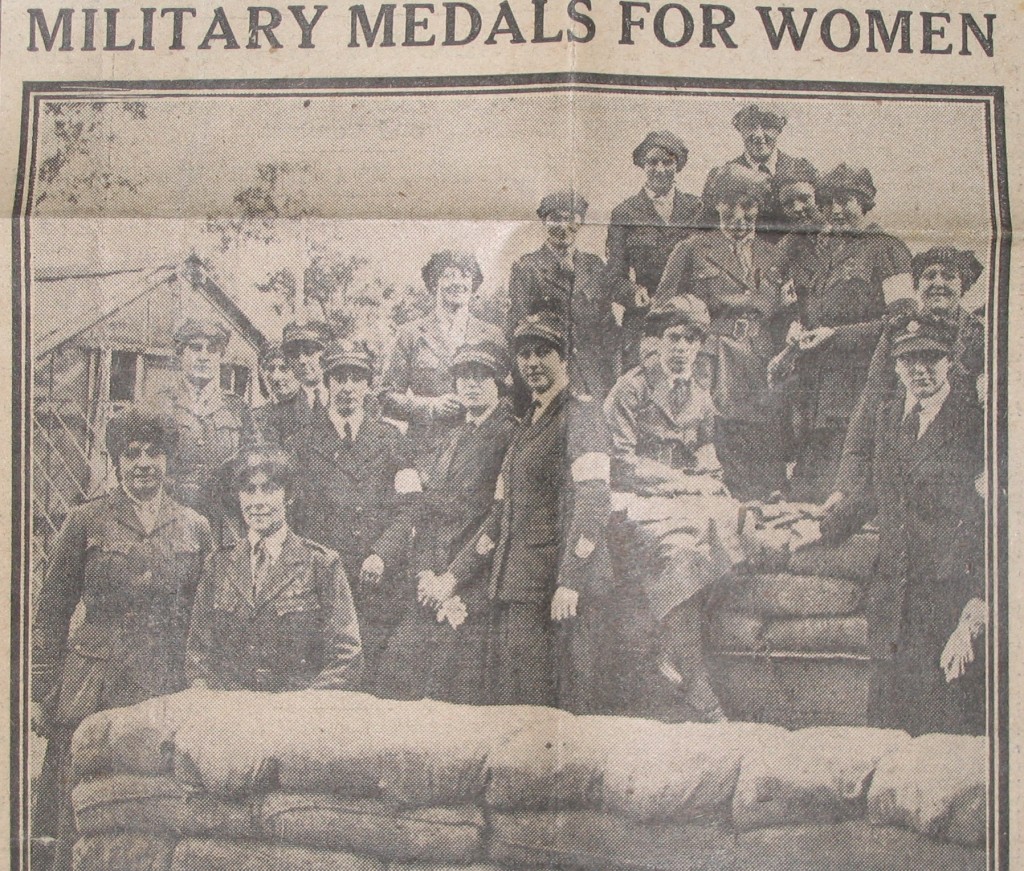The following is a transcript of the obituary (and associated reports) for William Blizard Williamson (the elder) of Worcester. He was (via the adoption of my mother) my Great Great Grandfather and lived from about 1811/12 until 15 September 1878.
(more…)
13 December, 2016
Obituary: William Blizard Williamson (the elder) of Worcester
1 July, 2016
17 May, 2016
One Hundred Years ago Today
Hansard, The Record of the UK Parliament, reports for 17 May 1916:
HC Deb 17 May 1916 vol 82 cc1572-6181572
§ Message received to attend the Lords Commissioners.
§ The House went, and, having returned,
reported the Royal Assent to,
1. Local Government (Emergency Provisions) Act, 1916.
2. Courts (Emergency Powers) (Amendment) Act, 1916.
3. Summer Time Act, 1916.
4. Edinburgh Corporation Order Confirmation Act, 1916.
5. Gas Orders Confirmation Act, 1916.
6. Burnley Corporation Act, 1916.
7. Weston-Super-Mare Grand Pier Act, 1916.
Hansard, HC Deb 17 May 1916 vol 82 cc1572-618
The Summer Time Act had long been advocated by William Willett. He did not live to see his proposal implemented having died in March 1915. The idea had been adopted by many other countries including Germany and it was only the demands of wartime that moved the British from ridiculing the idea to adopting it. (more…)
24 March, 2016
Research & Other Work Agenda
Taking stock of questions to research, itches to scratch, and development work to do.
Contents
- Family Reconstructions
- Specific People
- Website Development
(more…)
25 May, 2015
The Willetts of Colchester, Essex (and Daylight Saving) 1 of 2
The change to and from British Summer Time can bring about a flurry of interest in William Willett, the original advocate in Britain of Daylight Saving. He was the eldest son of another William Willett. For some reason this spring Google and that ilk have pointed a larger number of people than usual towards this family blog. Some of them have familiar family stories about being related to “Daylight Saving” Willett.
In addition another comment by a relative (about William Willett senior – Daylight Saving Willett’s father – running away from his step-mother) has prompted me to re-examine “the top” of the Willett tree as I have previously understood it.
(more…)1 September, 2014
Identifying FANYs in Newspaper Cutting
This post ties into the post about Evelyn Faulder’s Military Medal. Recent comments by Juliet Webster have prompted me to revisit this story. There is a press cutting in the family (from the Daily Mirror of 23 July 1918):
But who is who?
15 April, 2014
Faulder Family – England and Wales Distribution
Although I have been concentrating on my own line of Faulders (who I can trace back to North Cumberland in 1754), I am taking an interest in other lines because they may eventually give a clue to my line further back.
I have also been working with GenMap UK an application that will map Genealogical Data. This has helped me get a view of where there are major groups of Faulders. (more…)
23 February, 2012
The Williamsons in the United States
The 1861 Census for England and Wales shows a Thomas Williamson born 1845 in New Jersey, United States. He is listed as a Tinplate Worker staying in Worcester (England) with his uncle William Bliz(z)ard Williamson. (more…)
4 February, 2011
The Quick and the Dead: Upcoming book
Richard van Emden will be publishing a book later this year about the Great War families left without a father or husband. Although stories of members of our family do not feature, some may recognise the cover.

The picture was taken at Tyne Cot in the 1920s by Marjorie Faulder, widow of Harold Faulder, and shows my father pointing out his father’s name.
A friend of the author saw the picture when I used it to illustrate a post on the Great War Forum and consequently Richard Van Emden approached me asking if he could use the image. My brother and I agreed (almost two and a half years ago).
(more…)21 December, 2010
Research Note: Google Ngrams
(This post is more in the nature of a genealogy diary entry or research note discussing a potential line of interesting research.)
Google in their attempt to “capture all information”, have been digitalising huge numbers of mainly out of copyright books (more than 5.2 million). Now they have introduced a tool to try and analyse this corpus of data: Google NGrams. This allows you to graph by date of publication the occurrence of a word (or even selection of words).
So for a genealogist, the logical thing to do is ego-surf – stick your own surname in the tool and see what comes out. (more…)


